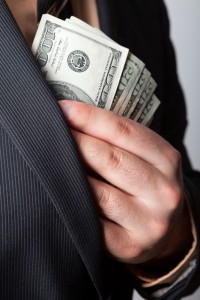From having spoken to many victims of securities fraud – the hardest thing for many investor victims is asking for help. More specifically, admitting to anyone that they had been taken advantage of. Many victims express feelings of shock, disbelief, and often times shame for having been, apparently, an easy mark for the fraudster.
The truth is there is nothing to be a ashamed of. Fraud is a multi-billion dollar business ensnaring tens of thousands of victims a year. The only real question is – what are you going to do about it? Our investment attorneys are here to help. We’ll let you know what the potential avenues of recovery are. Consider reaching out to our firm and refusing to be another victim while considering the following SEC statistics concerning their regulatory efforts in 2016.

In 2016, the SEC filed 868 enforcement actions exposing financial reporting-related misconduct by companies and their executives and misconduct by registrants and gatekeepers.
 Securities Lawyers Blog
Securities Lawyers Blog





